Treason the Musical at Alexandra Palace Theatre
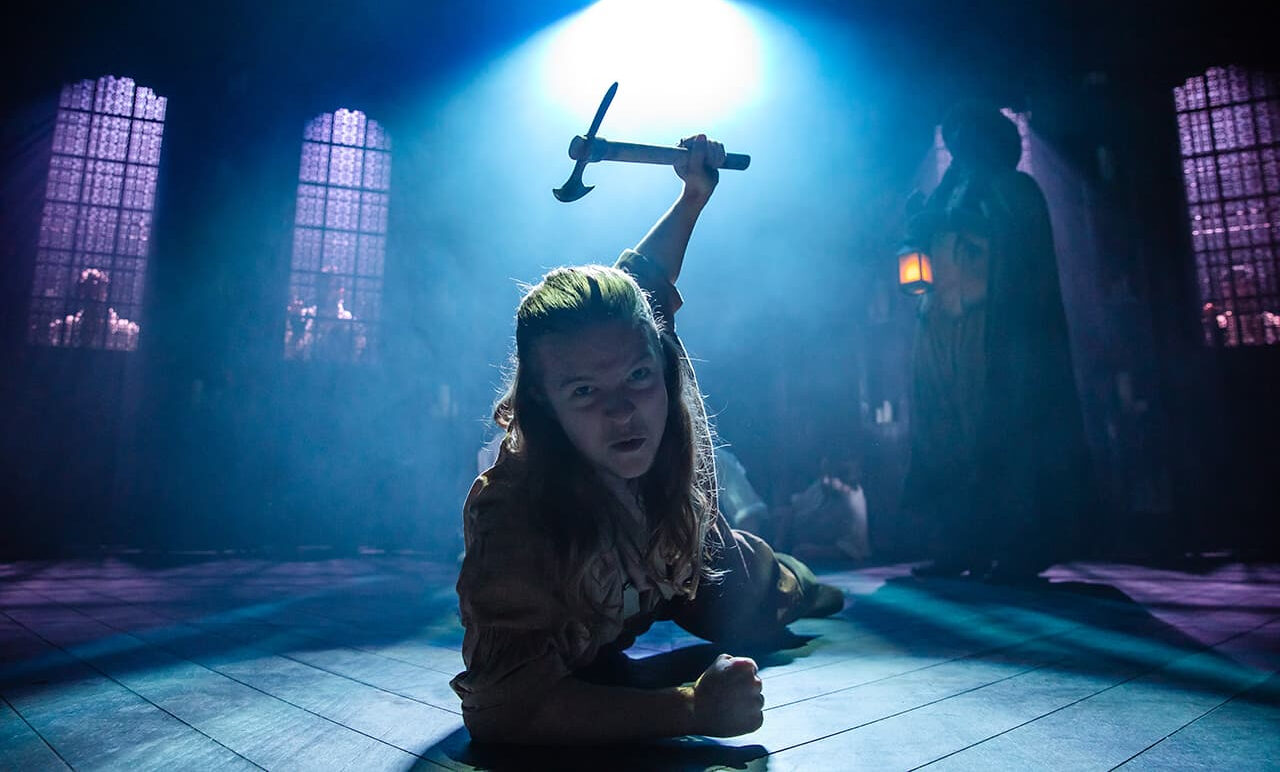
At first glance, a musical about the gunpowder plot of 1605 seems entirely contradictory: can an amalgamation of songs really capture a narrative of religious suppression and political uprising? Ricky Allan’s creation, Treason the Musical, puts this question into motion, bringing to life the lead-up to, and failed execution of, one of Britain’s most notorious pieces of history, with folk songs and a sensitive cast assisting in its depiction. At their best, Allan’s lyrics are sincere indications of the character’s inner monologues – and the talent of the performers is evident. The historical facts, however, are often lost in the content of the songs, which unfortunately complicates the audience’s ability to follow the plot.
Another atypical element is the decision to centre the musical around a story of romance by following Thomas Percy (one of the key members of the gunpowder plot) and his relationship with and separation from his wife, Martha Percy. Their marriage is inseparable from the religious context that led to the gunpowder plot, with Catholics being suppressed to breaking point. Whilst this focus allows for a unique approach to a history that has been explored frequently, for viewers who are not entirely familiar with the details of the plot, these characters are initially confusing. The setting aside of Guy Fawke’s character until the final scene of the musical is a bold choice, and it promotes an interesting consideration of the interpersonal relationships that were inevitably involved in the plot; in turn permitting for a sympathetic portrayal of the Catholics who felt they had no choice but to revolt against a King who was attacking their religion.
A more tangible motif of the musical that transforms the adaptation into a vibrant and gripping spectacle is the usage of lighting throughout. With candlelit interiors, extended periods of dimness and light shining through stain-glass, lighting serves both as a dramatic tool and a metaphor for the potential freedom and revelation that the gunpowder plot promised. The characters come to life as viewers experience their frustrations about the King alongside them.
The chemistry between the cast is also an aspect that cannot go unacknowledged, as the jokes and intimate exchanges between characters feel seamless and touching. Gabriel Akamo’s portrayal of Fawkes is the most memorable: his bellowing voice and powerful words ensure his message is influential, despite his limited stage time.
The final scene is the most impactful moment of the play, with its forthrightness and modern relevance. Fawkes returns to address his legacy, simultaneously reinforcing the importance of free expression and political uprising. This will resonate with 21st-century audiences, who must acknowledge the power of individuals in transforming accepted policies and institutions. The intimacy of the cast reflects the importance of community, and acting on what you believe in: an undeniably pertinent message for the end of 2023.
With a less rushed narration, and a clearer explanation of the relevance of each character, this play would be a potent example of how theatre can influence social causes. As it stands, the musical is still a heartfelt adaptation illustrating how repression of religion led to a tradition that is celebrated annually across the UK, with memorable moments of emotion that cultivate relatability for audiences.
Violet Cannon
Images: Danny Kaan
Treason the Musical is at Alexandra Palace Theatre from 8th until 18th November and at the London Palladium from 21st to 22nd November 2023. For further information or to book visit the theatre’s website here.
Watch the trailer for Treason the Musical here:


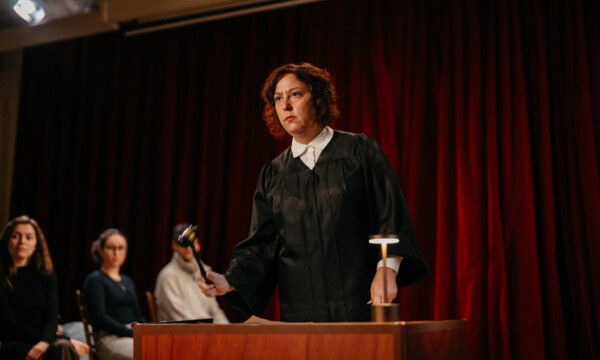
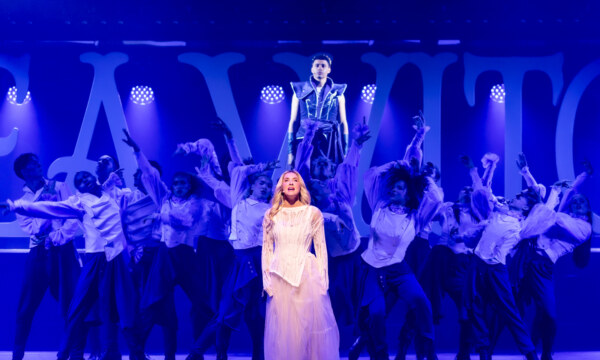
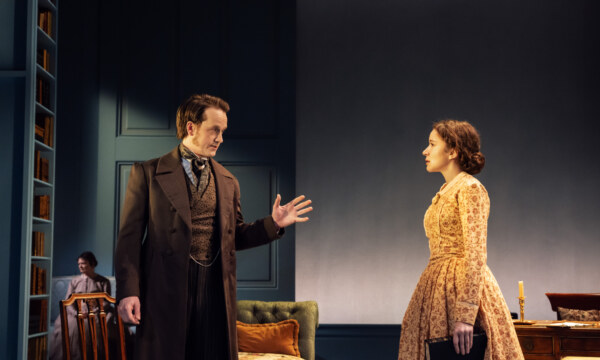

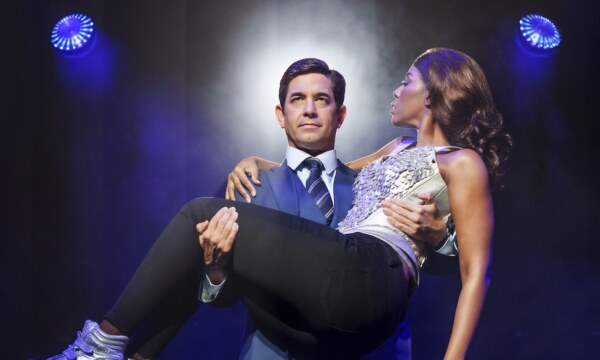
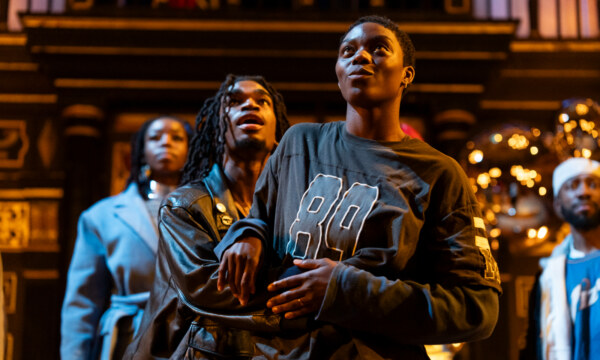

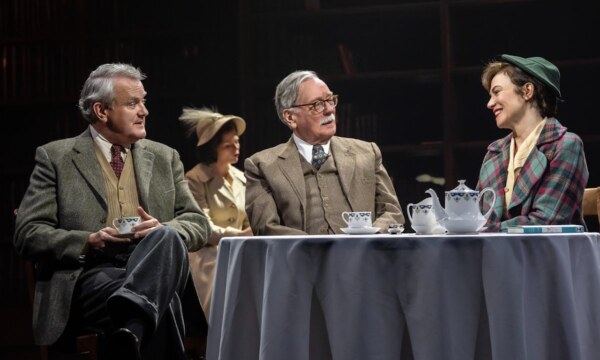




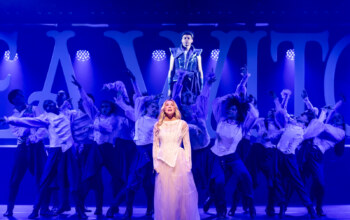


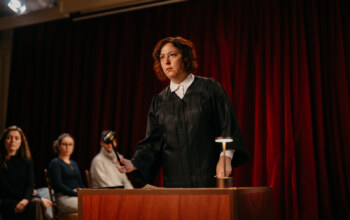





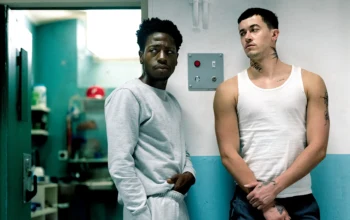
Facebook
Twitter
Instagram
YouTube
RSS